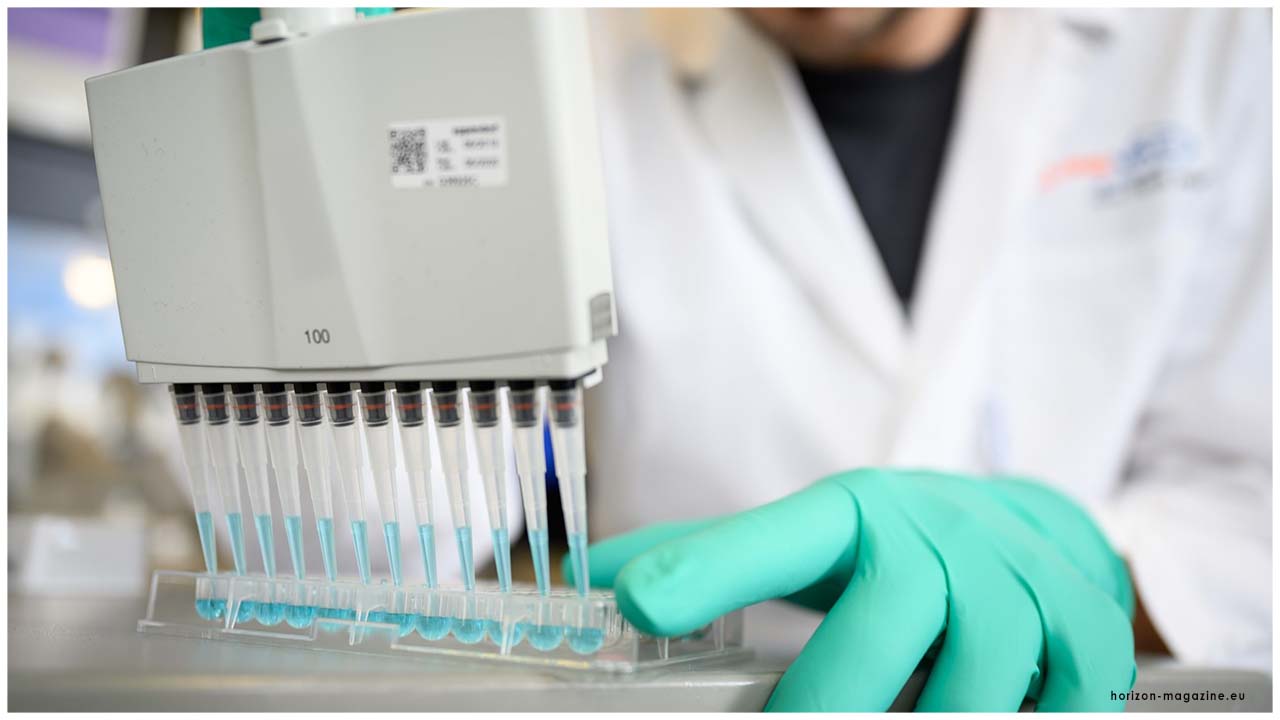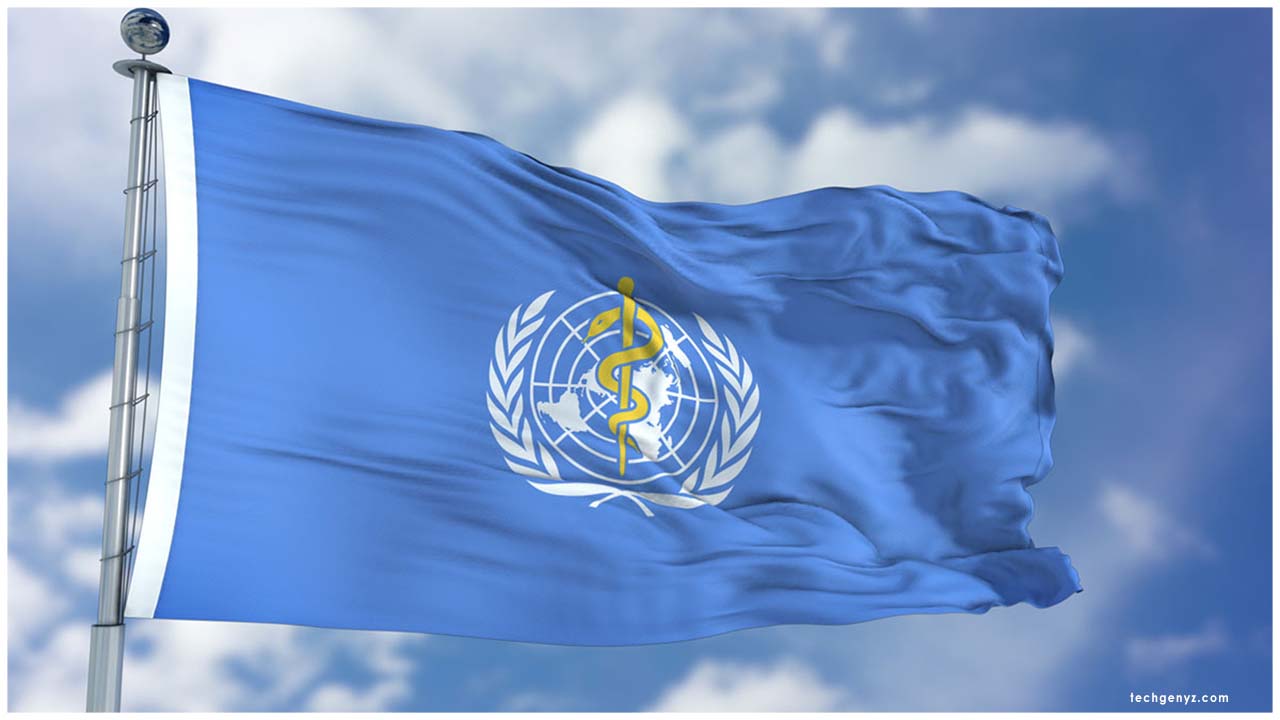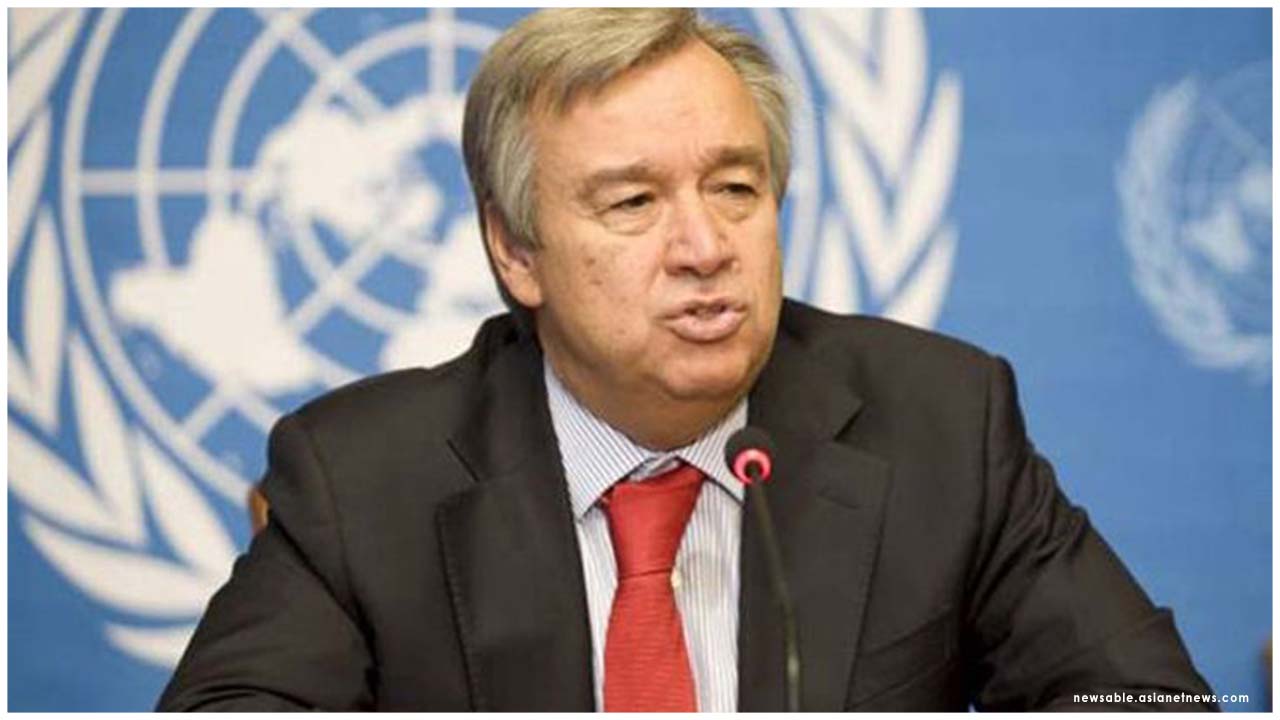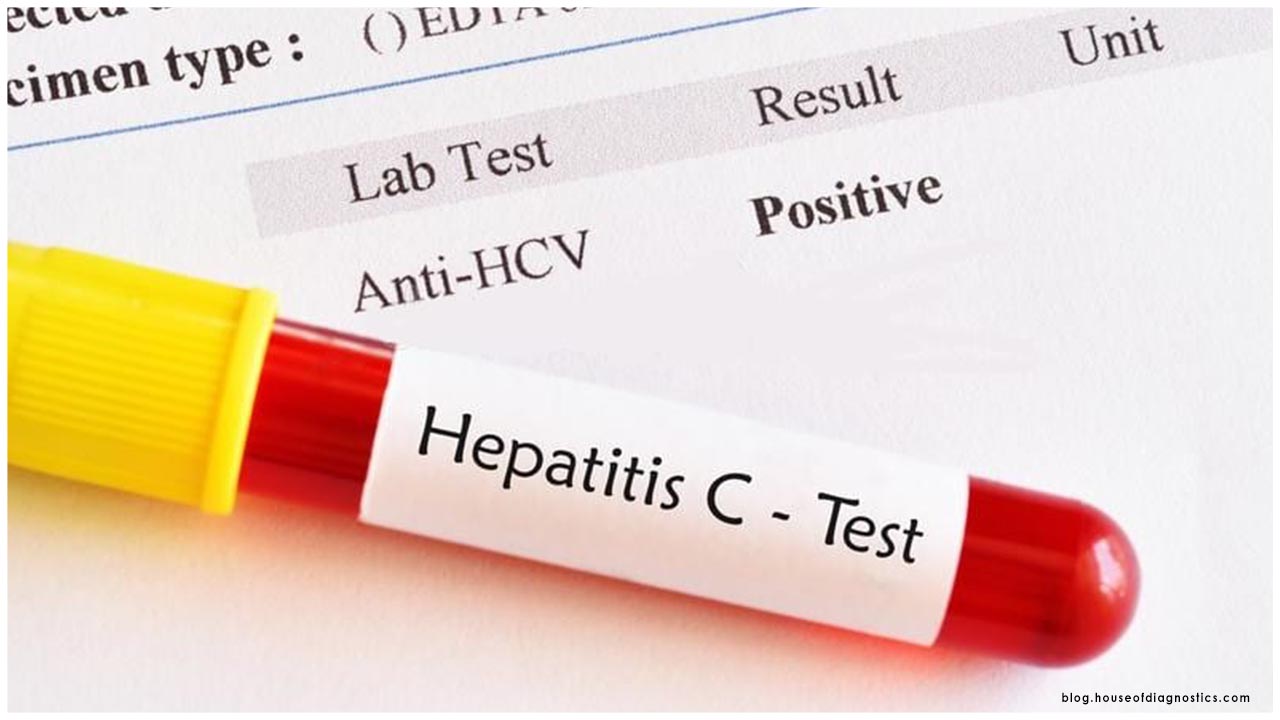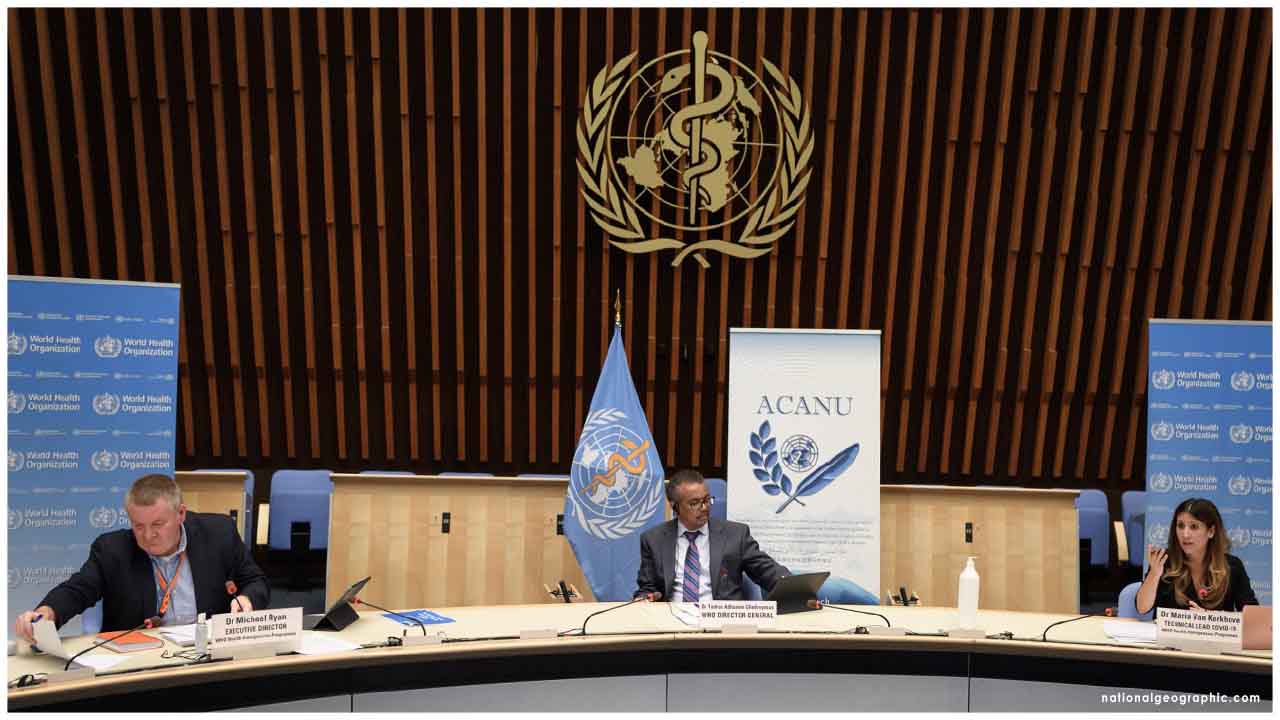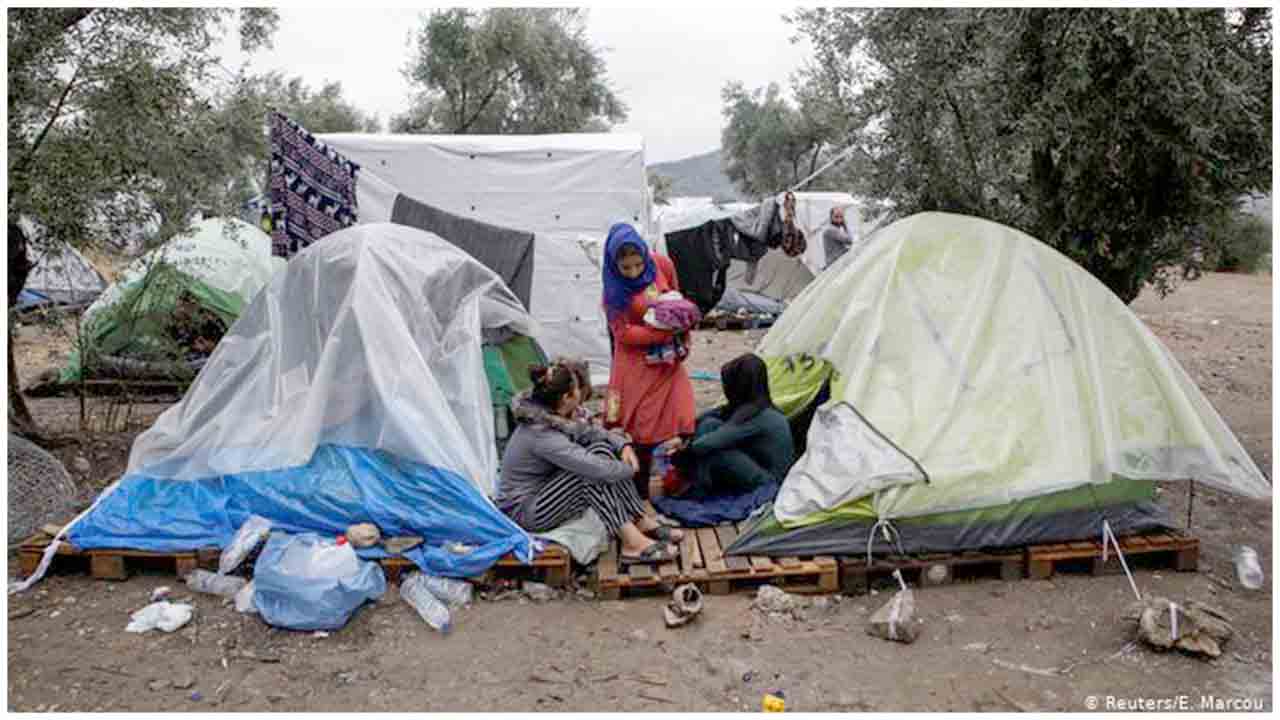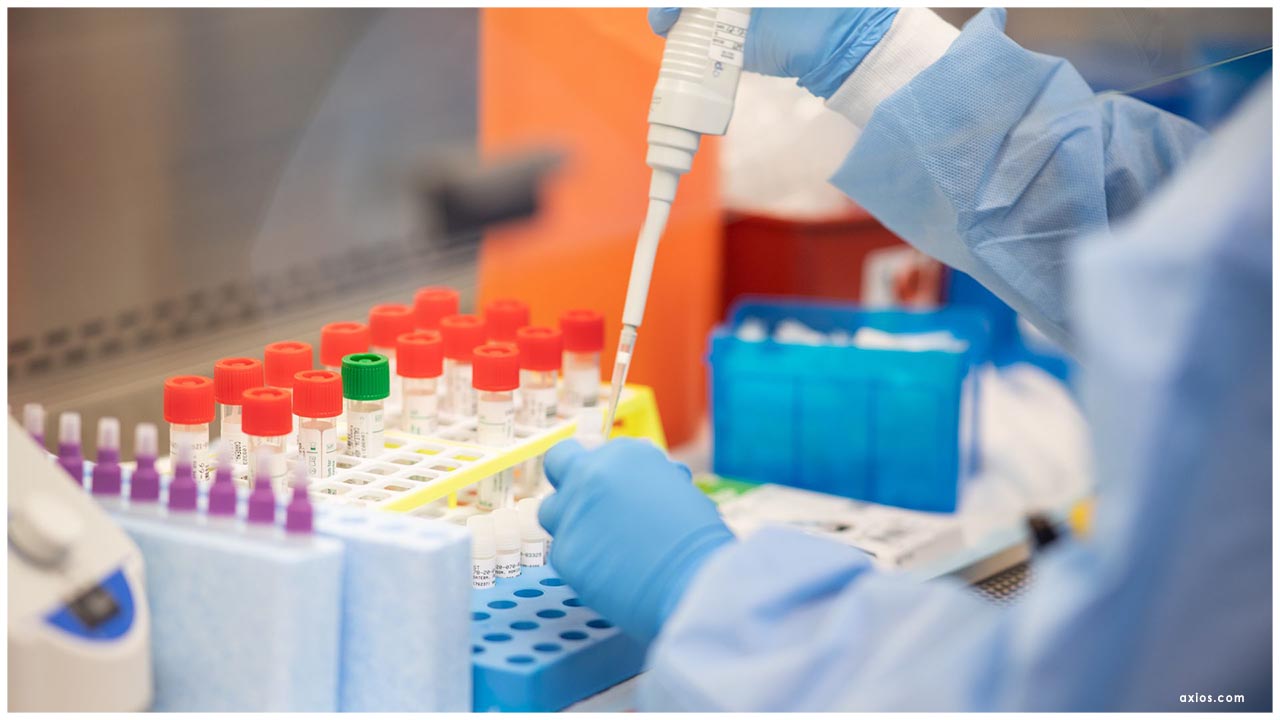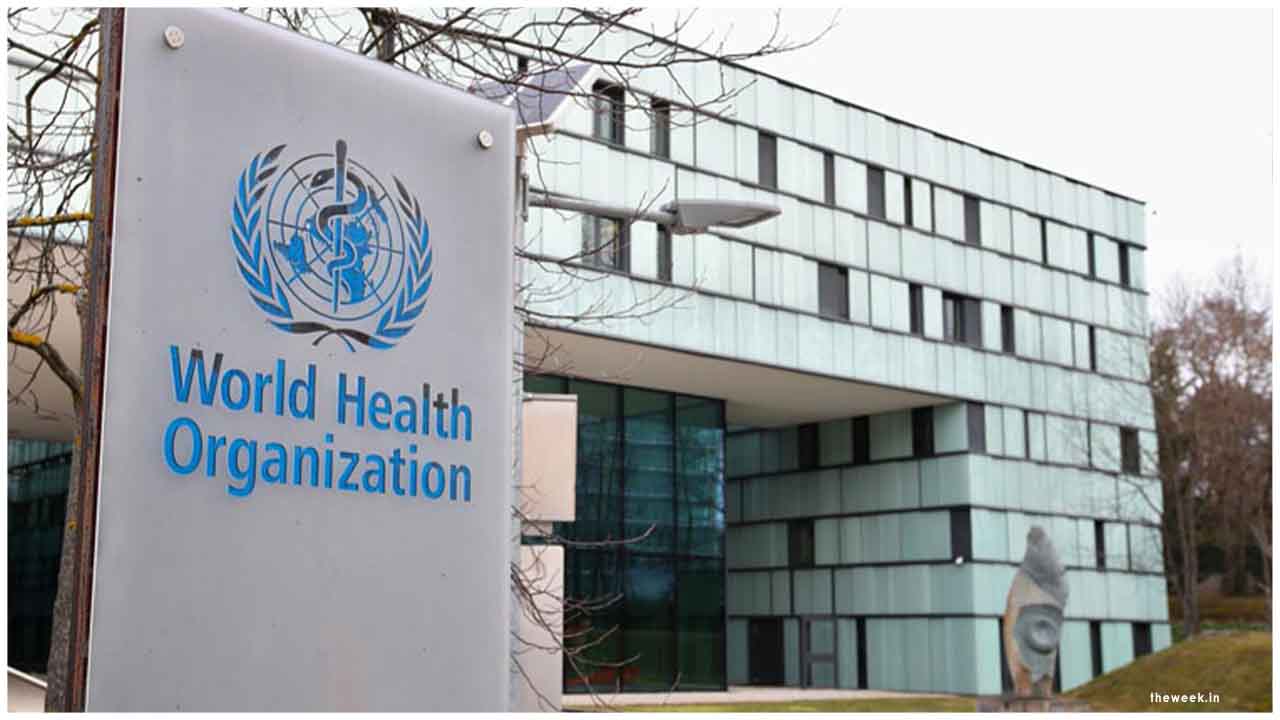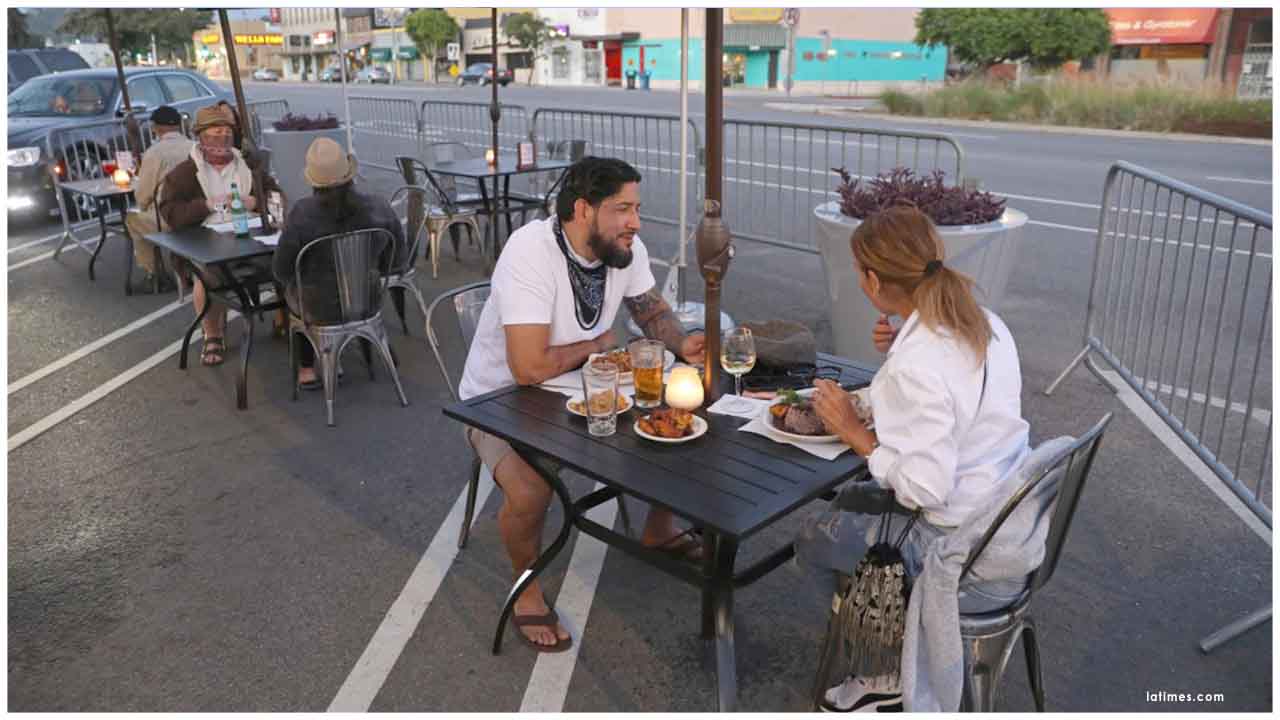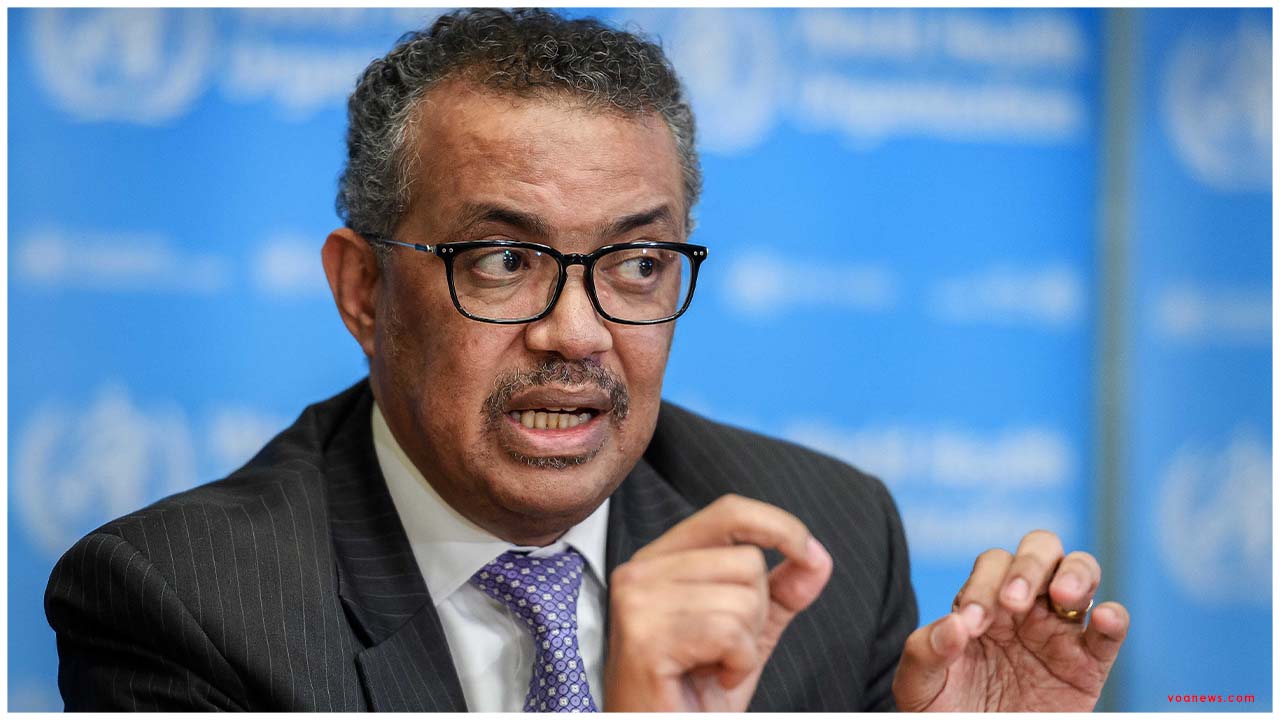The WHO Western Pacific Region is home to more than a third of the world’s older people. For many of these 240 million people aged over 65 years, the coronavirus disease 2019 (COVID-19) pandemic has thrown up new challenges. To ensure their health and well-being during the pandemic, WHO has recently published a range of guidance documents and tools for long-term care facilities, older people, and communities.
Preventing and controlling infection in residential facilities
Older people living in long-term care facilities are in frequent contact with caregivers and other staff working in the facility. Residents may also receive visits from family members and friends, increasing their risk of exposure to COVID-19. Indeed, outbreaks of COVID-19 have been reported at long-term care facilities in countries of the Western Pacific Region.
To address these challenges, WHO has published guidance on preventing and controlling the spread of COVID-19 in such facilities and at home. A communication toolkit and a preparedness checklist have also been published to support the education and training of staff and to ensure that facilities are prepared for possible outbreaks of COVID-19. “The toolkit has advice for facility managers, staff, residents and family members,” explains Hiromasa Okayasu, WHO Coordinator for Healthy Ageing in the Western Pacific Region. “The measures described are simple and easy to put into place and will make a significant difference in protecting residents against COVID-19.”
Staying well at home
Older people living at home are also facing new difficulties during this pandemic. Physical distancing and lockdown measures mean that many older people are not able to carry out their regular activities. Gunhee Lee, a 75-year-old woman from the Republic of Korea is finding this change difficult. “Before the COVID-19 outbreak, I was very active,” she says. She participated in hobby groups, volunteered to help ill neighbors, and sold home-made traditional food and drinks at a local café. But the pandemic has put a stop to her activities. “I try to stay at home; we need to follow the physical distancing measures strictly,” she explains.
To help older people stay well at home, WHO has published a self-care guide. Designed for older people and their caregivers, it focuses on what can be done at home to improve health and well-being, such as personal health checks, physical activity, and eating well.
Community-based integrated care
Staying connected to others is another key part of maintaining health and well-being. However, with many welfare centers and other social services disrupted during this time, the social isolation of older people is a growing concern. Older people with difficulty using digital technology could experience a disconnect from their community.
A recent WHO guidance provides advice on how to help older people stay connected as we adapt to the “new normal”. For Gunhee Lee, for example, receiving regular phone calls from her local welfare center has made a huge difference. “I’m always so happy to hear their voices,” she says. “They also send text messages to inform us of the district’s contact tracing and updates on new cases.” Using community-based resources, such as welfare centers, is the key to promoting the health of older people during the COVID-19 pandemic and into the future. With health, long-term care, and social sectors working together, older people can access person-centered, integrated care in the community so they can “age in place”.
A new future
JongnoSeniorWelfareCentre2COVID-19 has resulted in many challenges for older people, but it also presents new opportunities. The new WHO guidance and tools can help long-term care facilities, communities and countries become safer and create a “new future” in which older people can safely thrive. This lays the foundation for age-friendly societies where older people’s contributions are supported and valued – which benefits everyone, no matter their age.
Gunhee Lee remains optimistic. “It’s tough right now. We all feel trapped and tired,” she says. “But as they say, when the bitterness ends, the sweetness begins. We can overcome COVID-19 and create a better future.
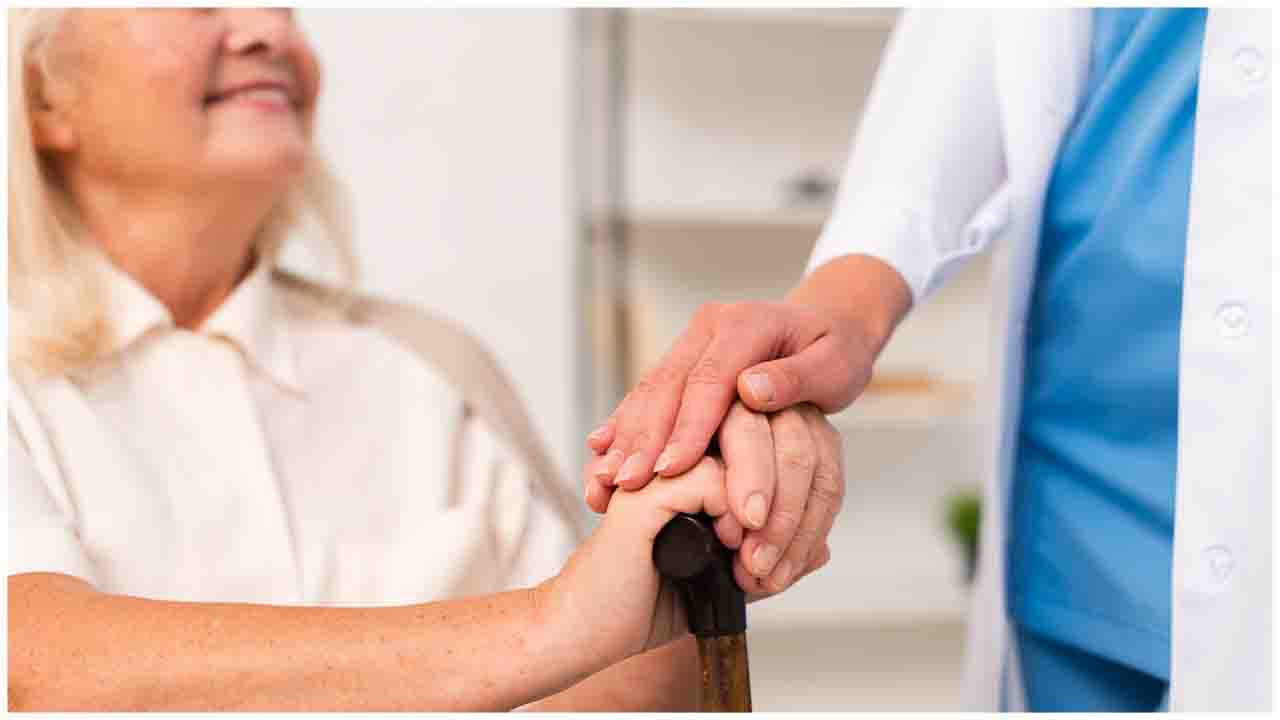
 The WHO Western Pacific Region is home to more than a third of the world’s older people- 240 million people aged over 65 years, the coronavirus disease 2019 (COVID-19)
The WHO Western Pacific Region is home to more than a third of the world’s older people- 240 million people aged over 65 years, the coronavirus disease 2019 (COVID-19)








